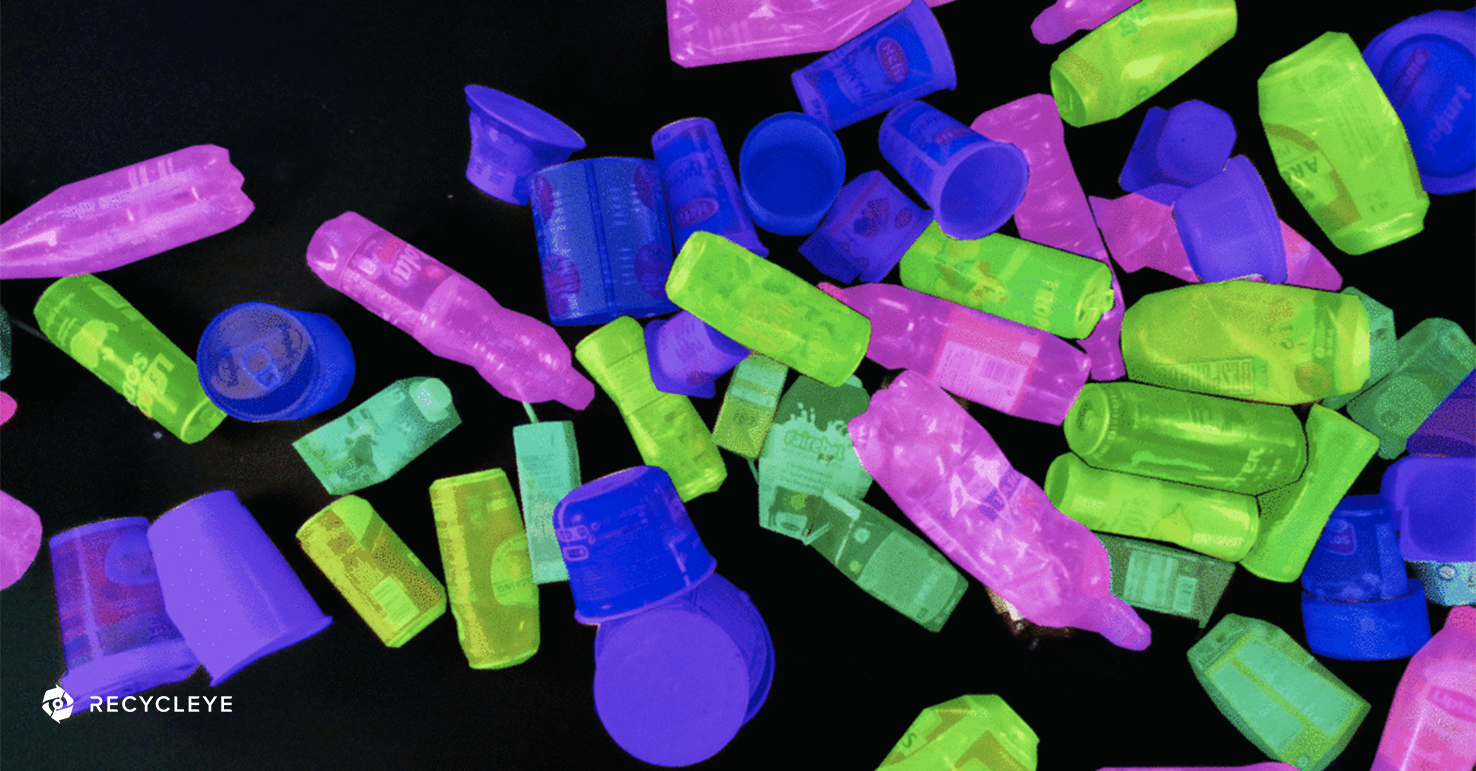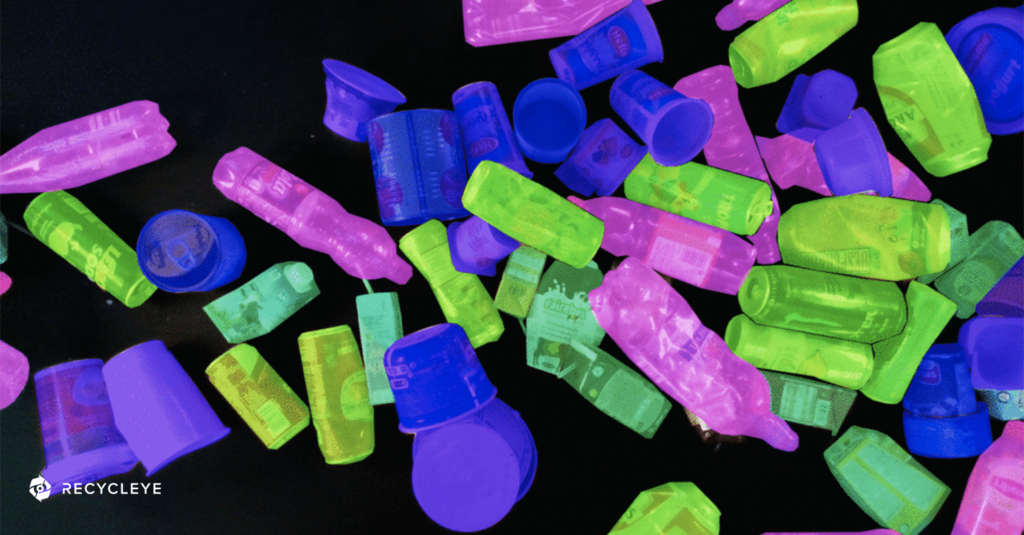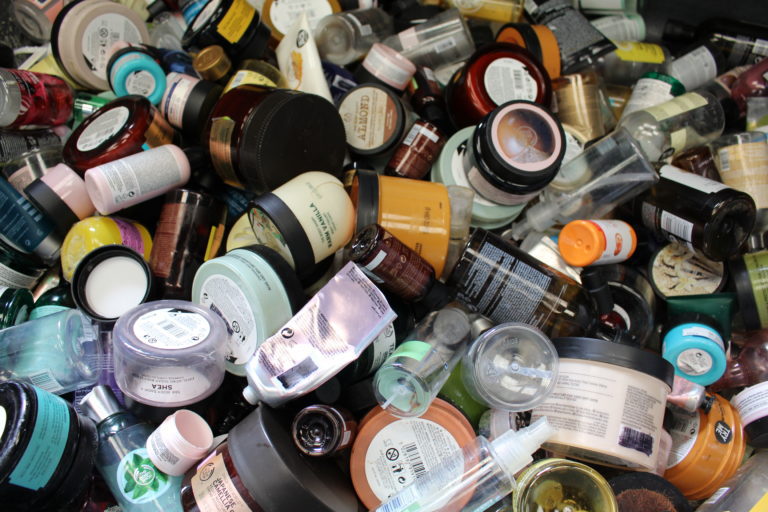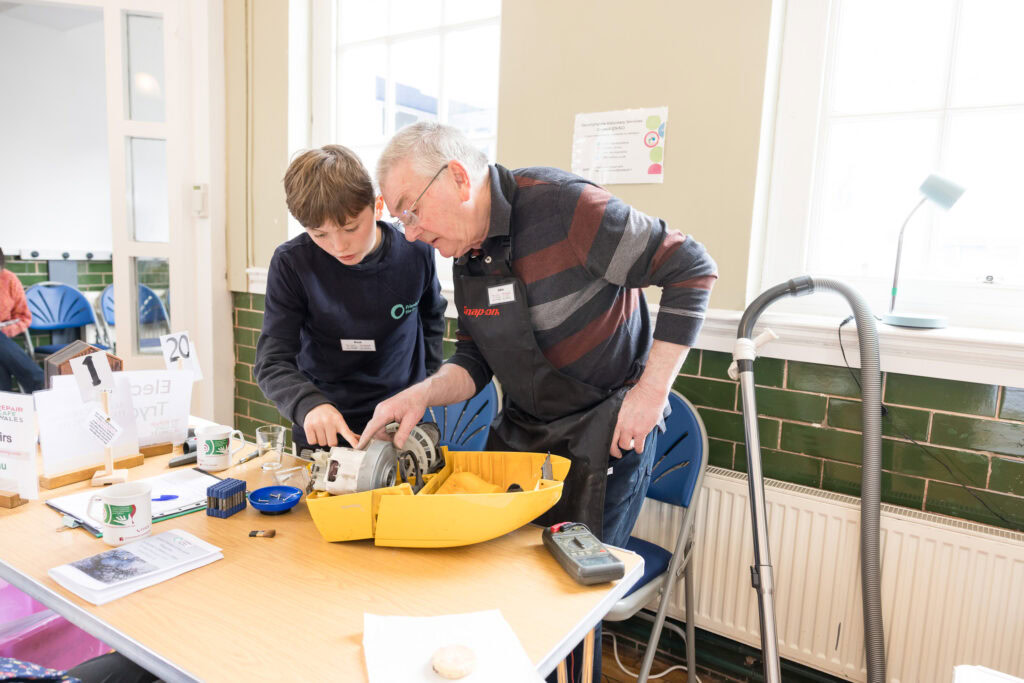
The fund will go towards Recycleye’s “computer vision system” that can be installed in MRF’s to detect and classify all items in waste streams, broken down by material, object and brand.
This works by installing a form of scanner which is able to distinguish between different types of waste and will feedback into a database, so MRF operators will exactly know what is coming in and can more accurately calculate value.
Funding
The funding comes from venture capital investors, MMC Ventures, Playfair Capital and the London Waste and Recycling Board (LWARB). The company also received grants from InnovateUK and the European Union.
Recycleye’s advisor is former CEO of Veolia, Bernard Harambillet, who said: “I was impressed by Recycleye’s expertise, and their incredible ability to federate around them, the best academic, technological and industrial skills, as well as to transpose all this knowledge in very concrete cases. I am delighted to support the growth of Recycleye, convinced that they will be able to provide breakthrough technologies to further the creation of an ever more circular economy.”
Trial
In August, the company also announced that it secured £500,000 in funding from Innovate UK to trail the system (see letsrecycle.com story).
Recycleye said it has been working with what is describes as “two of the three largest waste management players in the UK” as it develops the system, and to date has trialled initial pilot programme at MRF’s in the UK and France.
The company said that at one deployment, Recycleye’s system is able to distinguish outgoing waste flows between food-grade HDPE plastic and non-food-grade HDPE plastic.
It added that by using computer vision to make this distinction, it is enabling facilities to provide “higher value bales and subsequently leverage this data to charge their clients based on the individual composition of every ton”. Such detection is enabling MRFs to capture higher value out of their outgoing waste flows.
Research
The technology was developed by students at Imperial College London, who used Al-powered cameras to identify recyclable objects and what they are made of, enabling them to be automatically sorted at waste facilities by material, brand and object.
The sensor was developed to enable waste pickers, traders and facility managers to understand levels of contamination and place an exact value on each tonne of recycled plastic. Brand-level detection will also extend producer responsibility for waste from their products, Recycleye claims.
‘Game changer’
Wayne Hubbard, CEO at LWARB said that the board is excited to be an investor and will be interested to see how the system expands.
“This technology could be a game-changer, not just for the recycling industry but for manufacturing and innovation in this country.”
He said: “This technology could be a game-changer, not just for the recycling industry but for manufacturing and innovation in this country. Recycleye has the potential to radically improve the quality of materials that come out of a Materials Recycling Facility and refine sorting to such an extent that MRFs could, in future, provide highly specific materials ‘on demand’ to innovators who need recycled feedstock for their products.”












Subscribe for free